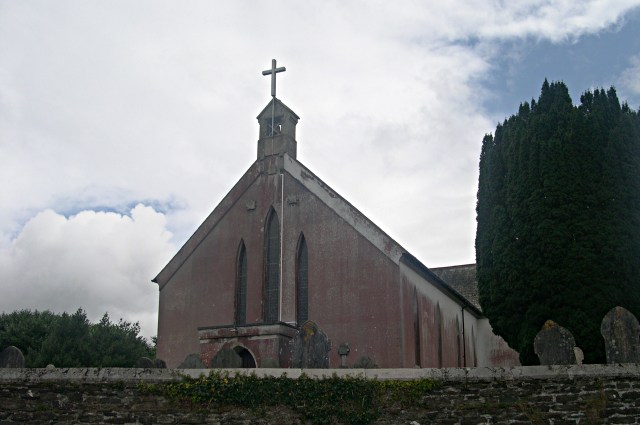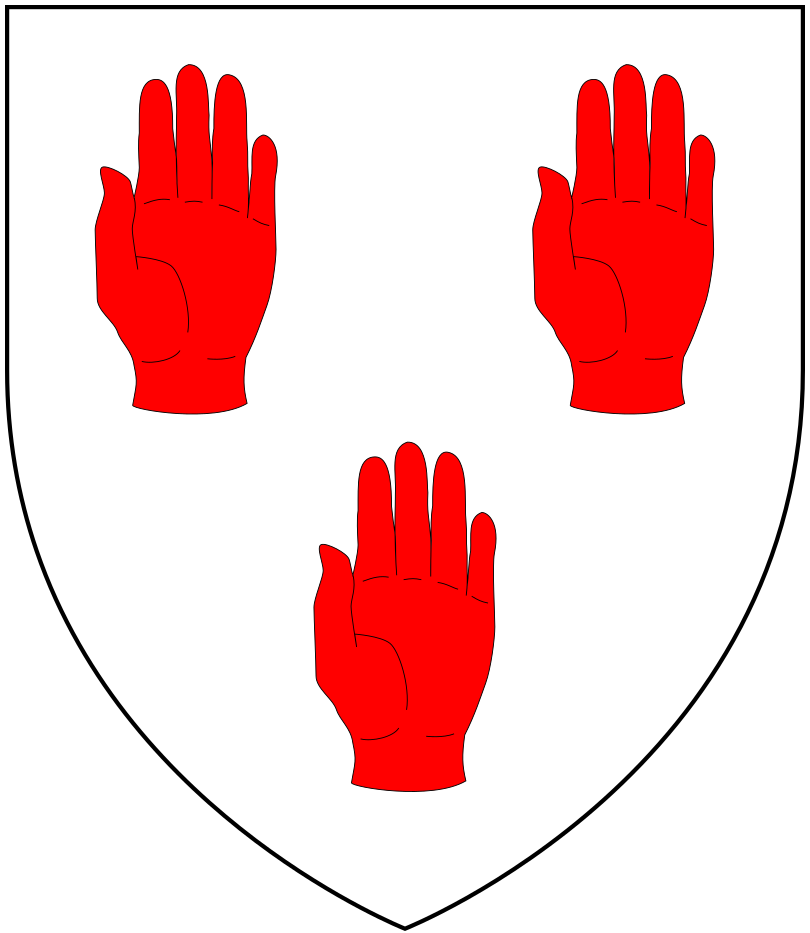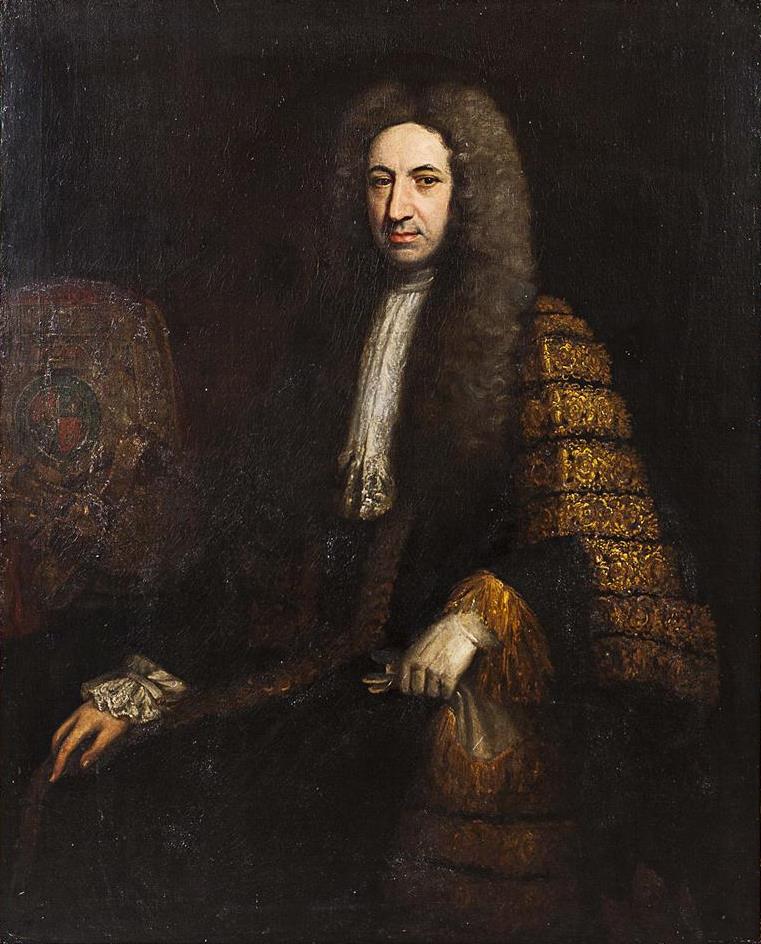|
Beer Alston
Bere Alston is a village in West Devon in the county of Devon in England. It forms part of the civil parish of Bere Ferrers. History and geography With a population of about 2,000, the village lies in the Bere peninsula, between the rivers Tamar and Tavy. Its origins lie in the once thriving local mining industry, including silver and lead, and the market gardening sector. At one time, the mainline trains to London would stop at the village to pick up locally grown produce destined for the capital. Bere Alston is about 12 km north of the centre of Plymouth as the crow flies, but the road trip requires either a long detour via Tavistock or else negotiating narrow lanes and a narrow bridge. Trains still run to Bere Alston railway station on the picturesque Tamar Valley Line between Plymouth and Gunnislake, and trains reverse at this station. There has been discussion of making the station a junction once again by reopening the former 'main line' to Tavistock, the largest town ... [...More Info...] [...Related Items...] OR: [Wikipedia] [Google] [Baidu] |
Bere Ferrers
Bere Ferrers, sometimes called ''Beerferris'', is a village and civil parish on the Bere peninsula in West Devon in the English county of Devon. It is located to the north of Plymouth, on the west bank of the River Tavy. It has a railway station on the Tamar Valley Line. The civil parish includes the whole of the Bere peninsula, including the village of Bere Alston and the smaller settlements of Tuckermarsh, Rumleigh, Buttspill, Braunder, Cotts, Hewton, Weir Quay, Clamoak, Gnatham and Collytown. In 2001 the parish had a population of 3,066; this had decreased to 2,989 in 2011. Parish church Sources *Rogers, W.H. Hamilton, ''The Strife of the Roses and Days of the Tudors in the West'', Exeter, 1890, pp. 1–36, Willoughby de Broke See also * Bere Ferrers rail accident * Exeter to Plymouth railway of the LSWR The Exeter to Plymouth railway of the London and South Western Railway (LSWR) was the westernmost part of a route competing with that of the Great Western Rai ... [...More Info...] [...Related Items...] OR: [Wikipedia] [Google] [Baidu] |
Exeter
Exeter () is a city in Devon, South West England. It is situated on the River Exe, approximately northeast of Plymouth and southwest of Bristol. In Roman Britain, Exeter was established as the base of Legio II Augusta under the personal command of Vespasian. Exeter became a religious centre in the Middle Ages. Exeter Cathedral, founded in the mid 11th century, became Anglican in the 16th-century English Reformation. Exeter became an affluent centre for the wool trade, although by the First World War the city was in decline. After the Second World War, much of the city centre was rebuilt and is now a centre for education, business and tourism in Devon and Cornwall. It is home to two of the constituent campuses of the University of Exeter: Streatham and St Luke's. The administrative area of Exeter has the status of a non-metropolitan district under the administration of the County Council. It is the county town of Devon and home to the headquarters of Devon County Council. A p ... [...More Info...] [...Related Items...] OR: [Wikipedia] [Google] [Baidu] |
Bere Alston (UK Parliament Constituency)
Bere Alston or Beeralston was a parliamentary borough in Devon, which elected two Members of Parliament (MPs) to the House of Commons from 1584 until 1832, when the constituency was abolished by the Great Reform Act as a rotten borough. History Bere Alston was first summoned to return MPs in 1584; like many of the boroughs over the county boundary in Cornwall that were enfranchised during the reign of Elizabeth I, it had never been of much size and was a rotten borough from the start. Indeed, its first return of members specifically states that they had been elected at the request of The Marquess of Winchester and Lord Mountjoy, the chief landowners in the borough, and its enfranchisement plainly designed to allow them to nominate MPs. The borough consisted of most of the village of Bere Alston in the parish of Bere Ferris, 10 miles north of Plymouth. By the time of the Great Reform Act there were 112 houses within the borough boundaries, and 139 in the whole village. The pop ... [...More Info...] [...Related Items...] OR: [Wikipedia] [Google] [Baidu] |
Lawn Bowling
Bowls, also known as lawn bowls or lawn bowling, is a sport in which the objective is to roll biased balls so that they stop close to a smaller ball called a "jack" or "kitty". It is played on a bowling green, which may be flat (for "flat-green bowls") or convex or uneven (for "crown green bowls"). It is normally played outdoors (although there are many indoor venues) and the outdoor surface is either natural grass, artificial turf or cotula (in New Zealand). History Bowls is a variant of the ''boules'' games (Italian ''Bocce''), which, in their general form, are of ancient or prehistoric origin. ancient Greece, Ancient Greek variants are recorded that involved throwing light objects (such as flat stones, coins, or later also stone balls) as far as possible. The aspect of tossing the balls to approach a target as closely as possible is recorded in ancient Rome. This game was spread to Roman Gaul by soldiers or sailors. A Roman sepulchre in Florence shows people playing this ... [...More Info...] [...Related Items...] OR: [Wikipedia] [Google] [Baidu] |
John Maynard (1604–1690)
Sir John Maynard KS (1604 – 9 October 1690) was an English lawyer and politician, prominent under the reigns of Charles I, the Commonwealth, Charles II, James II and William III.Rigg, James McMullen Origins and education Maynard was born in 1604 at the Abbey House, Tavistock, in Devon, the eldest son and heir of Alexander Maynard of Tavistock (4th son of John Maynard of Sherford in the parish of Brixton in Devon Vivian, Lt.Col. J.L., (Ed.) The Visitations of the County of Devon: Comprising the Heralds' Visitations of 1531, 1564 & 1620, Exeter, 1895, p.561, pedigree of Maynard), a barrister of the Middle Temple, by his wife Honora Arscott, daughter of Arthur Arscott of Tetcott in Devon. The senior line of the Maynard family was seated at Sherford in the parish of Brixton in Devon. His name appears in the matriculation register of Exeter College, Oxford, under date 26 April 1621, which clashes unaccountably with the date of his admission to the degree of BA on 25 April 1 ... [...More Info...] [...Related Items...] OR: [Wikipedia] [Google] [Baidu] |
Reform Act 1832
The Representation of the People Act 1832 (also known as the 1832 Reform Act, Great Reform Act or First Reform Act) was an Act of Parliament, Act of Parliament of the United Kingdom (indexed as 2 & 3 Will. IV c. 45) that introduced major changes to the Voting system, electoral system of England and Wales. It abolished tiny Electoral district, districts, gave representation to cities, gave the vote to small landowners, tenant farmers, shopkeepers, householders who paid a yearly rental of £10 or more, and some lodgers. Only qualifying men were Suffrage, able to vote; the Act introduced the first explicit statutory bar to Women's suffrage, women voting by defining a voter as a male person. It was designed to correct abuses – to "take effectual Measures for correcting divers Abuses that have long prevailed in the Choice of Members to serve in the British House of Commons, Commons House of Parliament". Before the reform, most members nominally represented boroughs. The number of ... [...More Info...] [...Related Items...] OR: [Wikipedia] [Google] [Baidu] |
Josceline Percy (Royal Navy Officer)
Vice Admiral The Hon. Josceline Percy (29 January 1784 – 19 October 1856) was a Royal Navy officer and politician who went on to be Commander-in-Chief, The Nore. Family Josceline was the fourth son of Algernon Percy, second Baron Lovaine of Alnwick (1750–1830) and his wife Isabella Susannah Burrell. Through his father he was the grandson of Hugh Percy, first duke of Northumberland, and through his mother the grandson of Peter Burrell of Beckenham, Kent. His maternal uncle was Peter, first Baron Gwydyr, and Henry Percy (1785–1825) and William Henry Percy (1788–1855, another naval officer) were his younger brothers. Life Born with a twin brother (Hugh, 1784–1856), Percy's first naval service began in February 1797, on Lord Hugh Seymour's flagship . Next he served on from 1801 to 1803 in the Mediterranean and - whilst in that theatre of war - transferred (with Nelson and Hardy) into . From there he was made 's acting lieutenant (under Captain John Gore, who w ... [...More Info...] [...Related Items...] OR: [Wikipedia] [Google] [Baidu] |
Peter King, 1st Baron King
Peter King, 1st Baron King, (c. 1669 – 22 July 1734), commonly referred to as Lord King, was an English lawyer and politician, who became Lord High Chancellor of Great Britain. Life King was born in Exeter in 1669, and educated at Exeter Grammar School. In his youth he was interested in early church history, and published anonymously in 1691 ''An Enquiry into the Constitution, Discipline, Unity and Worship of the Primitive Church that flourished within the first Three Hundred Years after Christ''. This treatise engaged the interest of his cousin, John Locke, the philosopher, by whose advice his father sent him to the Leiden University, where he stayed for nearly three years. He entered the Middle Temple in 1694 and was called to the bar in 1698. In 1700 he was returned to Parliament of England as the member for Bere Alston in Devon, holding the seat until 1715. He was appointed recorder of Glastonbury in 1705 and recorder of London in 1708. Made a Serjeant-at-Law, he was appo ... [...More Info...] [...Related Items...] OR: [Wikipedia] [Google] [Baidu] |
Sir George Beaumont, 7th Baronet
Sir George Howland Beaumont, 7th Baronet (6 November 1753 – 7 February 1827) was a British art patron and amateur painter. He played a crucial part in the creation of London's National Gallery by making the first bequest of paintings to that institution. Biography Born in Great Dunmow, Essex, he was the only surviving child of the landowner Sir George Beaumont, 6th Baronet, from whom he inherited the baronetcy in 1762 (see Beaumont baronets) and Rachel ee Howlanddaughter of Michael Howland of Stone Hall, Matching Green. Beaumont was educated at Eton College, where he was taught drawing by the landscape painter Alexander Cozens. The first paintings to enter Beaumont's collection were by artists he knew, but a Grand Tour which he undertook in 1782 with his wife Margaret (the daughter of John Willes M.P., of Astrop, Oxon and granddaughter of Sir John Willes M.P., Chief Justice of the Court of Common Pleas) widened his taste to include the Old Masters. On his return he beg ... [...More Info...] [...Related Items...] OR: [Wikipedia] [Google] [Baidu] |
Rotten Borough
A rotten or pocket borough, also known as a nomination borough or proprietorial borough, was a parliamentary borough or constituency in England, Great Britain, or the United Kingdom before the Reform Act 1832, which had a very small electorate and could be used by a patron to gain unrepresentative influence within the unreformed House of Commons. The same terms were used for similar boroughs represented in the 18th-century Parliament of Ireland. The Reform Act 1832 abolished the majority of these rotten and pocket boroughs. Background A parliamentary borough was a town or former town that had been incorporated under a royal charter, giving it the right to send two elected burgesses as Members of Parliament (MPs) to the House of Commons. It was not unusual for the physical boundary of the settlement to change as the town developed or contracted over time, for example due to changes in its trade and industry, so that the boundaries of the parliamentary borough and of the phys ... [...More Info...] [...Related Items...] OR: [Wikipedia] [Google] [Baidu] |
Burgage
Burgage is a medieval land term used in Great Britain and Ireland, well established by the 13th century. A burgage was a town ("borough" or "burgh") rental property (to use modern terms), owned by a king or lord. The property ("burgage tenement") usually, and distinctly, consisted of a house on a long and narrow plot of land (), with a narrow street frontage. Rental payment ("tenure") was usually in the form of money, but each "burgage tenure" arrangement was unique and could include services. As populations grew "burgage plots" could be split into smaller additional units. (Amalgamation was not so common until the second half of the 19th century.) Burgage tenures were usually money-based, in contrast to rural tenures, which were usually services-based. In Saxon times the rent was called a ''landgable'' or ''hawgable''. History Burgage was the basis of the right to vote in many boroughs sending members to the House of Commons before 1832. In these boroughs the right to vote w ... [...More Info...] [...Related Items...] OR: [Wikipedia] [Google] [Baidu] |
Unreformed House Of Commons
"Unreformed House of Commons" is a name given to the House of Commons of Great Britain and (after 1800 the House of Commons of the United Kingdom) before it was reformed by the Reform Act 1832, the Irish Reform Act 1832, and the Scottish Reform Act 1832. Until the Act of Union of 1707, which united the Kingdoms of Scotland and England to form Great Britain, Scotland had its own Parliament, and the term can be used to refer to the House of Commons of England (which included representatives from Wales from the 16th century). From 1707 to 1801 the term refers to the House of Commons of Great Britain. Until the Act of Union of 1800 joining the Kingdom of Ireland to Great Britain (to form the United Kingdom of Great Britain and Ireland), Ireland also had its own Parliament. From 1801 to 1832, therefore, the term refers to the House of Commons of the United Kingdom. Medieval background 6th century to 1066 The Witenagemot was the forerunner political institution (that of Anglo-Sax ... [...More Info...] [...Related Items...] OR: [Wikipedia] [Google] [Baidu] |






